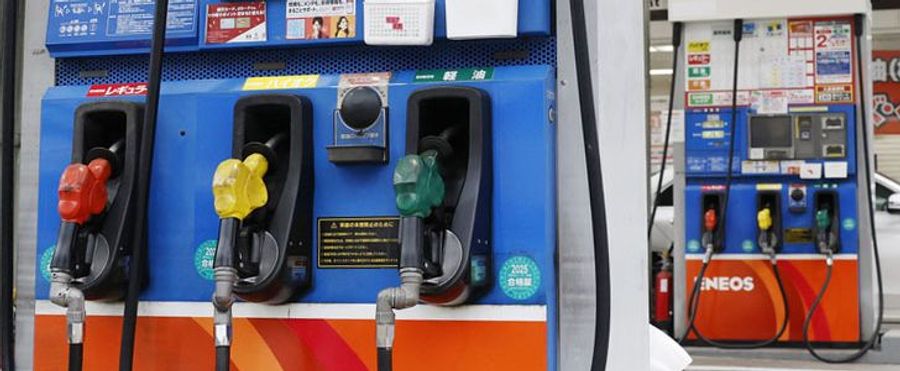In a surprising move, Japan is looking to expand its subsidies for gas stations. This decision appears to be part of an effort to support the struggling industry, which has been hit by a number of issues in recent years, including rising operating costs and decreasing demand. The timeframe and extent of these increased subsidies are yet to be determined. This development could have significant impacts on Japan's energy and transportation sectors.
Fears over the potential closure of small, rural gas stations, and the impact this would have on the local community, could be one of the reasons behind this decision. Many Japanese citizens are reliant on their cars for work and personal mobility, especially in rural areas where public transportation is limited or non-existent. The downfall of gas stations could lead to a significant disruption in their way of life.
In comparison, the US and EU tend to offer subsidies and incentives for green energy and electric vehicle charging stations, in stark contrast to Japan's support for traditional gas stations. They are making concerted efforts to reduce carbon emissions and greenhouse gases by encouraging the use of renewable energy sources.

